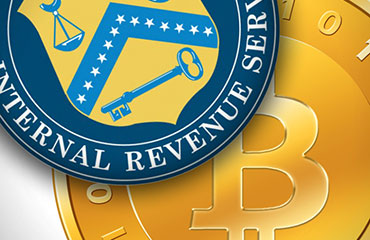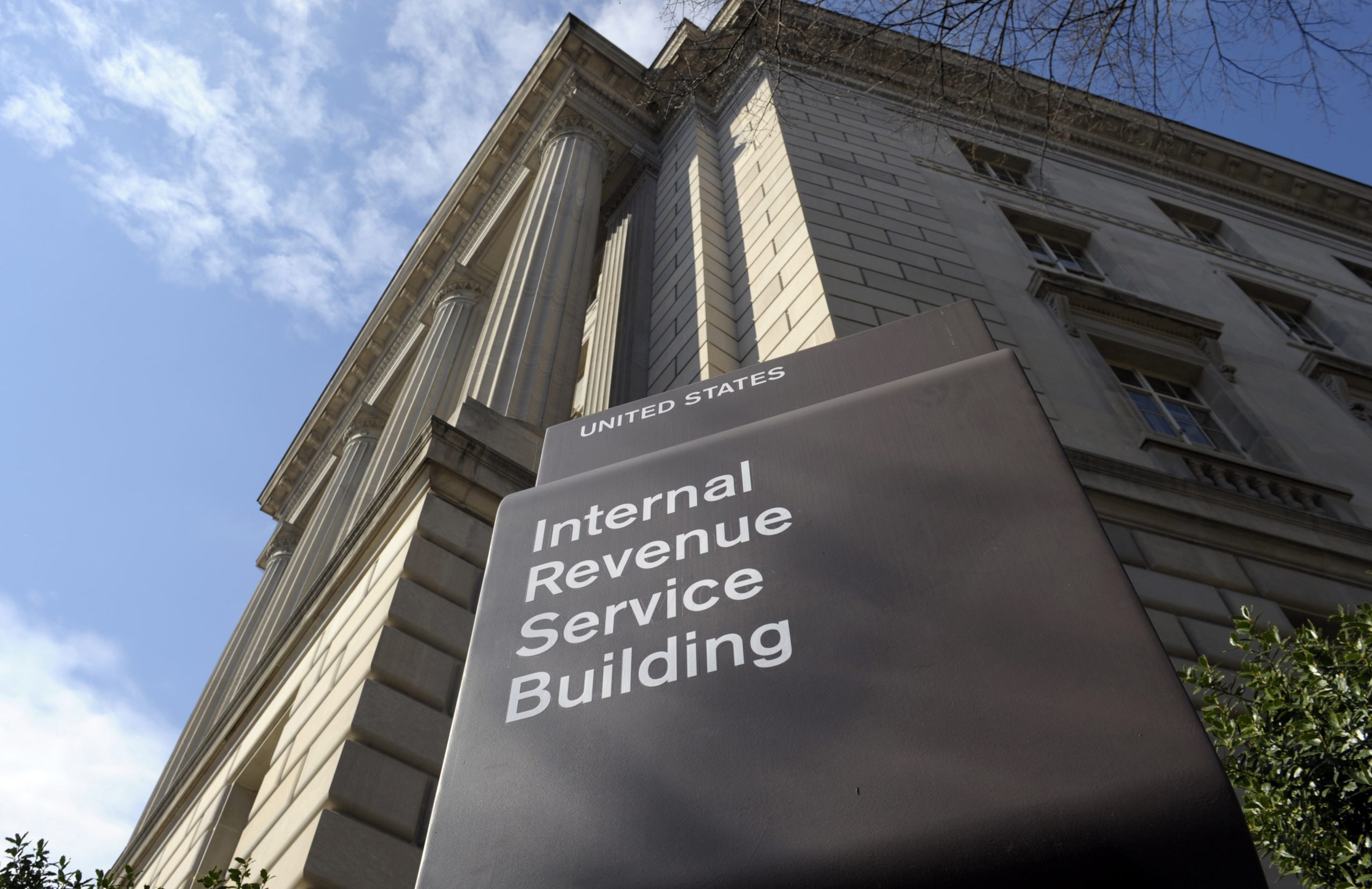Fintech and Cryptocurrency Law in Mexico
As other countries wait for government officials to dictate what happens with cryptocurrency and Fintech Companies, Mexico just took a big step forward. After making several adjustments to the proposed bill, Mexican senators finally approved with 102 votes in favor and none against a law that regulates financial technology companies in Mexico. Delegates still need to vote to approve the measure, but this is a major step forward.
Mexico has a lot to gain with the approval of the Fintech and Cryptocurrency Law and the mainstream adoption of bitcoin. About 44% of the Mexican population doesn’t have a bank account due to the mistrust that exists between citizens and financial institutions. That’s 29 million Mexicans that don’t have a bank account and live on cash.
The transparency that comes with cryptocurrency transactions might fix this problem. If the bill becomes law, and it’s not there yet, it will create a Fintech solution for the unbankable. Let’s take a moment to take a look at some of the most interesting key aspects of Mexico’s Fintech Law.
One of the main points of the Fintech Law is to increase the level of financial inclusion throughout the country, promote competition and provide legal certainty to participants in the sector, contributing to the improvement of the national financial system. There are over 158 Fintech companies in Mexico that will benefit from having an established framework from which to operate.
This is especially true for cryptocurrency exchanges. They require specific laws and quality regulation. In order to maintain banking and other relationships, cryptocurrency exchanges need to be in a regulated environment where their business partners know what to expect and that the exchange is operating within a specific legal framework.
When cryptocurrency exchanges began offshore a few years back, most were looking for countries with no regulation. Exchanges thought they could operate outside of the KYC, AML and compliance systems.
These exchanges quickly found it was impossible to get correspondent banking relationships. Also, it was difficult to transfer crypto from an unregulated exchange to a regulated exchange in a quality jurisdiction such as the United States.
As a result, international cryptocurrency exchanges began seeking countries with specific cryptocurrency laws and regulations. When operating from within these boundaries, the exchange has access to banks and other providers. Outside of the system, clients have no way to convert their bitcoin to FIAT money.
Today, these countries are Mexico in the Latin American region and Switzerland in the European region.
Article 36 of the Fintech and Cryptocurrency Law details the requirements that will be needed for a cryptocurrency exchange to be granted authorization to operate. The exchange will have to set a minimum capital to perform their activities in agreement with the provisions issued by the Comisión Nacional Bancaria y de Valores (CNBV). The minimum capital may vary depending on the type of activities they perform and the financial risk they face can be read in the Fintech Law bill that was approved by Senate. The amount of capital has not yet been determined.
In order for a Fintech or Cryptocurrency Exchange to start operating, they must be authorized by the CNBV, be a Limited Liability Company, and have a domicile in Mexico. They must also have a corporate governance structure, operating systems, keep their accounting logs up to date, have a strong security system, as well as offices and operating and compliance manuals.
The bill permits banks and cryptocurrency exchanges to share their applications or technological interfaces, called API (Application Programming Interface), without violating the financial secrecy that is key for its function.
CNBV must receive authorization from the Bank of Mexico to approve a Fintech company, to give legality to its operations. A Fintech company in Mexico must inform their clients about the volatility and unpredictability of virtual assets, the risks of fraud, and that transactions may be reversed by governing bodies.
The Fintech Companies must inform their clients of the risk involved receive a signed contract from their clients indicating they understand. The law specifies that the government will not be responsible for any sort of financial reimbursement to users in the event of fraud, so businesses will be required to communicate this on their website and disclose this before entering into a contract with them.
A Financial Technology Council will be created that consists of 12 members, which will include representatives of the CNBV, the tax authority, and Banxico. Their goal will be to encourage the exchange of opinions and solve any problems that occur with the Fintech and Cryptocurrency Exchange Companies. They will meet at least once a year.
Article 44 of the Fintech Law, which refers to the limits that the authorities should set for this type of platform, states that limits in which these companies may operate will differ based on the type of client, type of project, type of transaction and when established by the CNBV or the Bank of Mexico will have to take into consideration at least the regulation of other figures of the financial system subject to compliance with established principles in this Law and the protection of the interests of investors.
So, like Switzerland, Mexico is building an efficient cryptocurrency law that will protect investors and allow the business to grow. The negative with Mexico is their corporate tax rate of 30%. With changes to the US system, Mexico now has one of the highest tax rates in the region.
In order to reduce tax in Mexico, you might set up an offshore division and minimize income into the country. However, international transfer pricing and audit rules are very strict in Mexico, so be careful where you incorporate.
For example, it’s nearly impossible to get a deduction approved for a payment to a tax haven such as Panama. While the US treats all counties the same, Mexico is known to disallow expenses to tax havens.
Possibly the best option for a large exchange is a license in Mexico and your primary operations in the US territory of Puerto Rico. The Mexican office would handle marketing and support, and operations would be done from Puerto Rico.
Income sourced to Puerto Rico will be taxed at 4%. If the owners of the exchange are foreign persons (not US persons), dividends paid from Puerto Rico will be tax free. If the owners are US citizens and residents of Puerto Rico, dividends will be tax free under Act 22.
For more on Puerto Rico for cryptocurrency, see: Tax efficient structure for US cryptocurrency exchange.
For more on Puerto Rico’s many tax incentives, see: A Detailed Analysis of Puerto Rico’s Tax Incentive Programs.
I hope you’ve found this article on fintech and cryptocurrency law in Mexico to be helpful. For more information on setting up an exchange, please contact me at info@premieroffshore.com or call us at (619) 483-1708.












Leave a Reply
Want to join the discussion?Feel free to contribute!